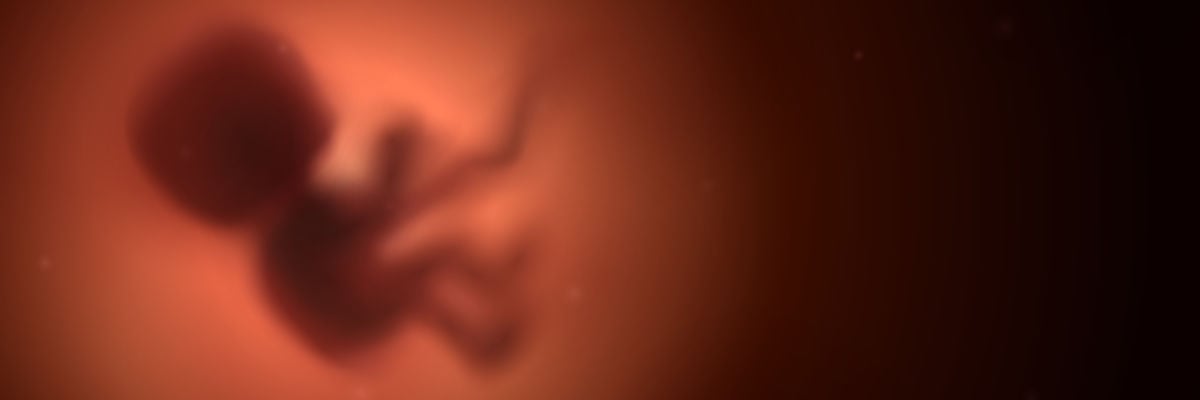
Question:
Answer:
Sperm, egg, fetuses, and toddlers are all human in the adjective sense of the word, since they possess human DNA. Unlike sperm and egg, however, fetuses and toddlers are also human in the noun sense of the word. Specifically, they are human organisms, or individual members of the human species. But what do we mean when we say the unborn is an organism?
An organism is a collection of biological parts, or organs, that function together to sustain the existence of a whole being that possesses the qualities of life. If I can give a living thing time, nutrition, and a proper environment, and it is able to develop toward becoming a mature member of its species, then it is an organism and not a mere body part.
Because body cells such as skin, sperm, and egg can never—even given time, nutrition, and a proper environment—develop into an adult human, they are not organisms. In contrast, you and I are organisms, because if we are given time, food, and the proper environment (i.e., not on the moon or at the bottom of the ocean), we will continue to develop into mature members of the human species.
Likewise, an unborn child, when given time, nutrition, and a proper environment (i.e., not outside the uterus) will develop into a mature human being if he does not die prematurely. Embryologist E.L. Potter points out, “Every time a sperm cell and ovum unite, a new being is created which is alive and will continue to live unless its death is brought about by some specific condition” (Pathology of the Fetus and the Infant, 7).
The fact that some embryos and even other born children die before they become adult humans does not negate the fact that they are human beings. They still are human beings because they have the intrinsic capacity to develop into a mature human being even if their development is cut short.



